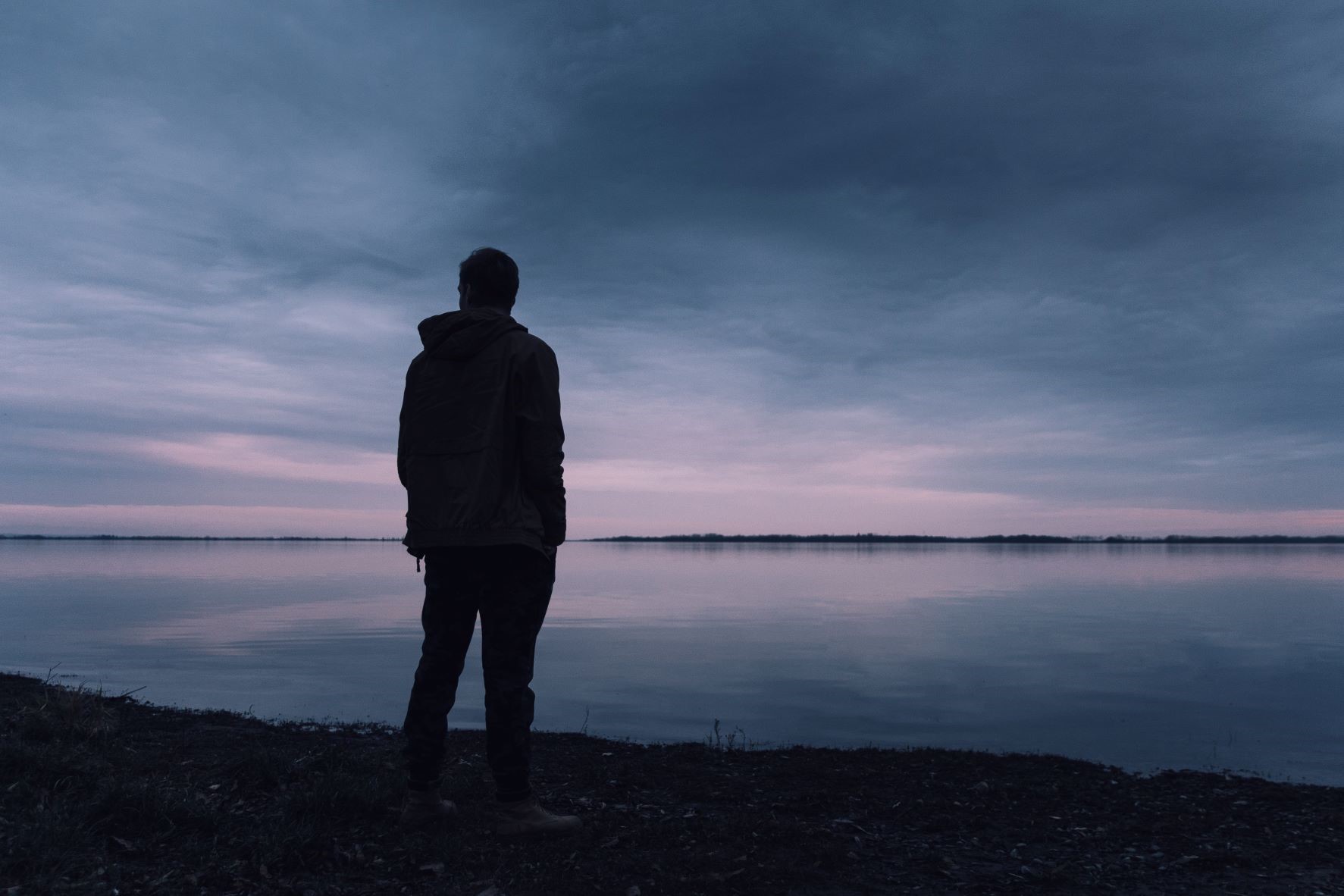Whether you’ve lost your partner, friend or family or a pet, grief is an awful thing to go through and the finalness of it all is indescribable.
You can experience all sorts of emotions like sadness, loneliness, disbelief or anger… And it’s OK to feel whatever it is you’re feeling! You’ve been through a traumatic time and you’re left to pick up the pieces, so don’t be too hard on yourself.
The point of this post is to show that the pain you’re is part of a journey that everyone goes through and that it will come to an end. I’m not saying you’ll stop missing them or loving them, but you can live a happy life again.
There are five stages of grief when coping with death. You can go forwards and backwards through the stages and linger or move quickly through them. It’s different for everyone but in general, we all experience the following in some shape or form.
Denial
This stage hits you straight away and it can last from a few moments to days, weeks or even years. Denial is a way of coping with the shock of losing a loved one by avoiding the pain. You may feel like you can’t believe this has happened but it’s important to know that this is a natural reaction. It’s your minds way of managing your shock so that you can process what’s going on. As you start to admit that this death has really happened, you’ll begin the healing process.
Bargaining
I see this stage as the bridge from denial to anger and you may go back and forth across it many times. You’ll think of different things that could have been done to stop the death from happening, or things that you can do now to bring that person back to life. For me, when my dad died I used to imagine him striding through the front door shouting ‘surprise!’ and it had all been a bad joke. Bargaining is a way for your mind to adjust to the reality of what’s happened. As time passed, I began to accept that my dad dying wasn’t him playing a joke on me.
Anger
Anger will come when you begin questioning what’s happened and start looking for the reasons why. Some anger is obvious, like being angry at the health system for failing your loved one for example, but sometimes it can seem irrational, like blaming a person who died of natural causes for leaving you. You may find that some anger gets buried as you dismiss it or you have no way to express it, which can hold you back from going through the grieving process. This is a good time to consider counselling as a way to safely express your feelings without causing more hurt to others.
Depression
This is the most obvious stage in this process as it’s the most visible. Reality has finally sunk in and the denial you had experienced is no longer shielding you from the sadness you now feel. Depression effects people in different ways but you may feel hopeless, lonely, lack motivation, guilt, struggle with sleep or have no appetite. You may be able to work through these feelings and find that things improve over time, but if they don’t then it’s an important time to talk to a counsellor. There is no shame in reaching out for help, that’s what I’m here for!
Acceptance
As you begin to accept the reality of your loss by working through the above stages, you will find that the depression begins to lift, and life becomes better. You will no longer feel anger about what happened or guilt for moving on. It doesn’t mean that you don’t miss or love them any more, just that you have accepted your new life without them.

You may find that you can switch between any of these stages at any time as you work through your feelings, and this is completely normal and all part of your journey. The old saying ‘time is a great healer’ is true when it comes to grieving, and the pain does get easier.
I feel that you learn to live with the loss rather than it goes away though, as you will never stop loving them.
If this is something that you want help with then please get in touch.

